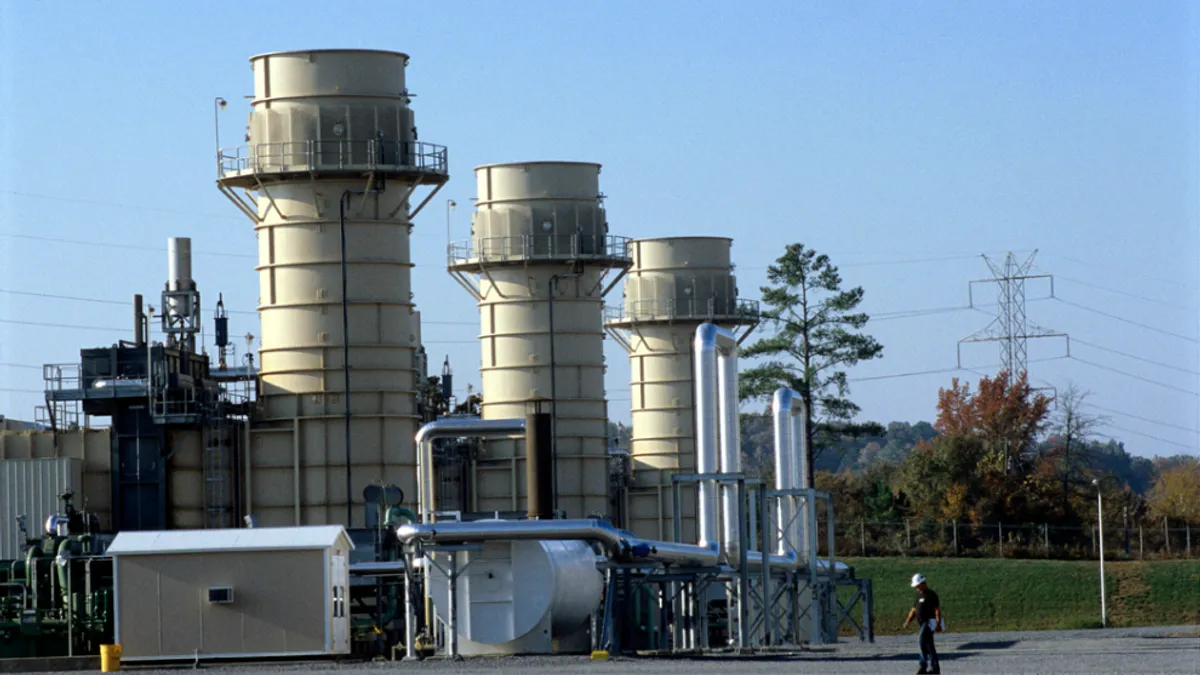Dive Brief:
- The Glendale, Calif., City Council voted 4-1 early Wednesday morning to put a gas generation project for its municipal utility on hold and instead explore renewable energy and storage options.
- The vote came after the Glendale Water and Power Commission, an advisory board for the utility, voted last week to take no action on on an environmental impact statement for the $500 million Grayson Power Plant Repowering Project and issue a 90-day request for information (RFI) for new clean energy options. City lawmakers had previously voted to consider the EIS before moving forward with the plant.
- State lawmakers from the area and environmental activists had pushed for months to dissuade the council from the gas plant investment and hundreds rallied before the council meeting in opposition to the project.
Dive Insight:
Glendale's decision to table its natural gas repowering project puts it in the company of a growing number of jurisdictions rethinking investment in gas plants.
Last June, the Los Angeles Department of Water and Power, the nation's largest municipal utility, hit pause on a $2.2 billion plan to repower a number of gas generators, instead looking to renewables and energy storage. Last month, Calpine withdrew its application for a new gas plant in California, and Arizona regulators placed a moratorium on new gas plants 150 MW or larger through the end of this year.
In each case, the decision to halt a gas plant investment came from increasing competition from renewable energy and storage, whose prices have fallen precipitously over the past few years. In Arizona, regulators also rejected utility generation plans when they put the gas moratorium in place, saying they wanted to avoid "unnecessary capital improvements in the near future and stranded asset costs in the long-term."
In Glendale, city lawmakers reportedly opted for the renewable energy RFI in part because of doubts that the utility's assessment of resource alternatives was impartial.
"Everything in [the report] is colored by the fact that no independent, unbiased, impartial study of the alternatives was conducted," Mayor Zareh Sinanyan said, according to the Los Angeles Times.
Glendale's decision also comes amid difficult times for existing gas plants in California as well. In March, NRG announced it would close three plants in the state and last December, regulators began to consider whether battery storage could replace three gas plants on the Pacific Gas & Electric system.
This post has been updated to include the vote of the Glendale City Council and to reflect that the Water & Power Commission is an advisory board for the utility, not its governing board.













